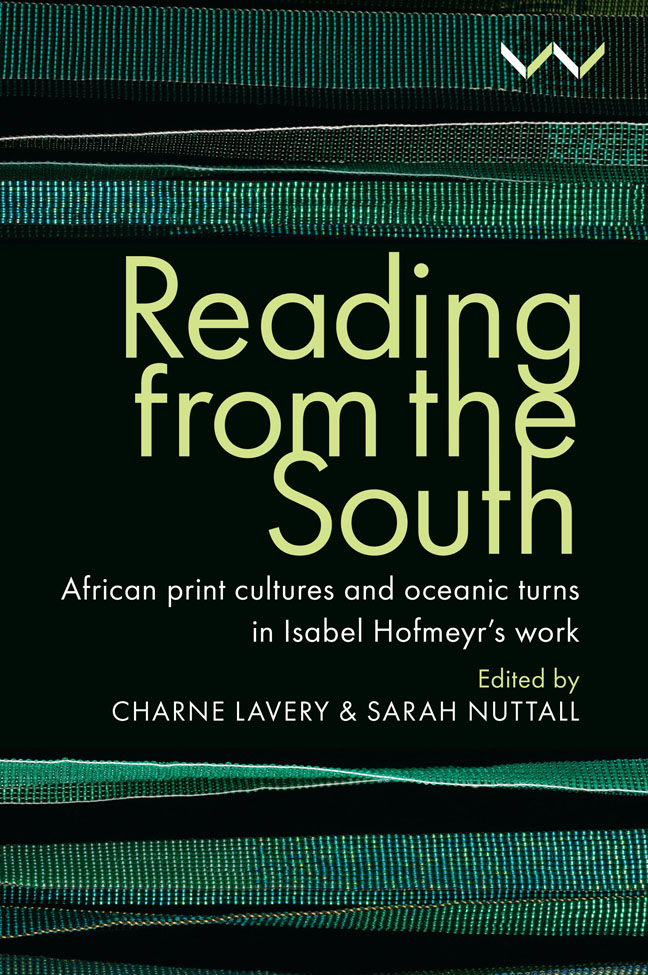Chapter 8 - Seeing Waters Afresh: Working with Isabel Hofmeyr
Published online by Cambridge University Press: 01 March 2024
Summary
For a considerable time, until the 1960s, the Indian Ocean was markedly absent from the larger academy of maritime studies. There was a curious lack of interest in, and an academic neglect of, the Indian Ocean. Oceanic history was about the Pacific, the Atlantic and the Mediterranean Sea. Studies on the Indian Ocean, as far as they existed, were infected with the bias of a Eurocentrism that, subsequent to the colonial domination of the Indian subcontinent, saw that ocean as a British lake. The influence of imperialist historiography cast its long shadow right through the first half of the twentieth century, notwithstanding amateur nationalist attempts to recover and restore Indian maritime greatness, especially in antiquity. Subsequently, thanks to the intervention of professional historians who used the European archive to tell an Asian story, the field of Indian Ocean history came into its own. The uncovering of a dense web of social and commercial connections, the movement of peoples and ideas, the workings of complex mechanisms of credit and custom: all these things provided the validation and rationale for studying the Indian Ocean on its own terms, and for detaching it not only from the specific societies and polities that dominated its rim, but also from the hegemonic control of European capital that had subjugated oceanic spaces in the first place (Subramanian 2018).
The collective work of a new generation of historians came to deepen understanding of the Indian Ocean's history. This work both generated significant shifts in method and developed a clearer sense of the nature of the available archives. In South Asia, historians made use of the European East India Company's archives to question the Eurocentric bias that informed analyses of trade structures and communities in and of the Indian Ocean, establishing in the process the centrality of the Indian subcontinent in the trading economy of the ocean. But, by default, this process of rehabilitation involved a decentring of other important societies on the Indian Ocean rim, especially in Africa, whose participation in the dense network of exchanges remained obscure. Throughout the 1980s and the 1990s, while there was a meaningful expansion of scholarship on the Indian Ocean – and on its commodities, communities, social and political processes, empires and networks – the tendency to look at the ocean as an extension of land-based empires that oversaw massive networks of connections and transactions remained pronounced, especially in historical work.
- Type
- Chapter
- Information
- Reading from the SouthAfrican Print Cultures and Oceanic Turns in Isabel Hofmeyr's Work, pp. 123 - 134Publisher: Wits University PressPrint publication year: 2023

